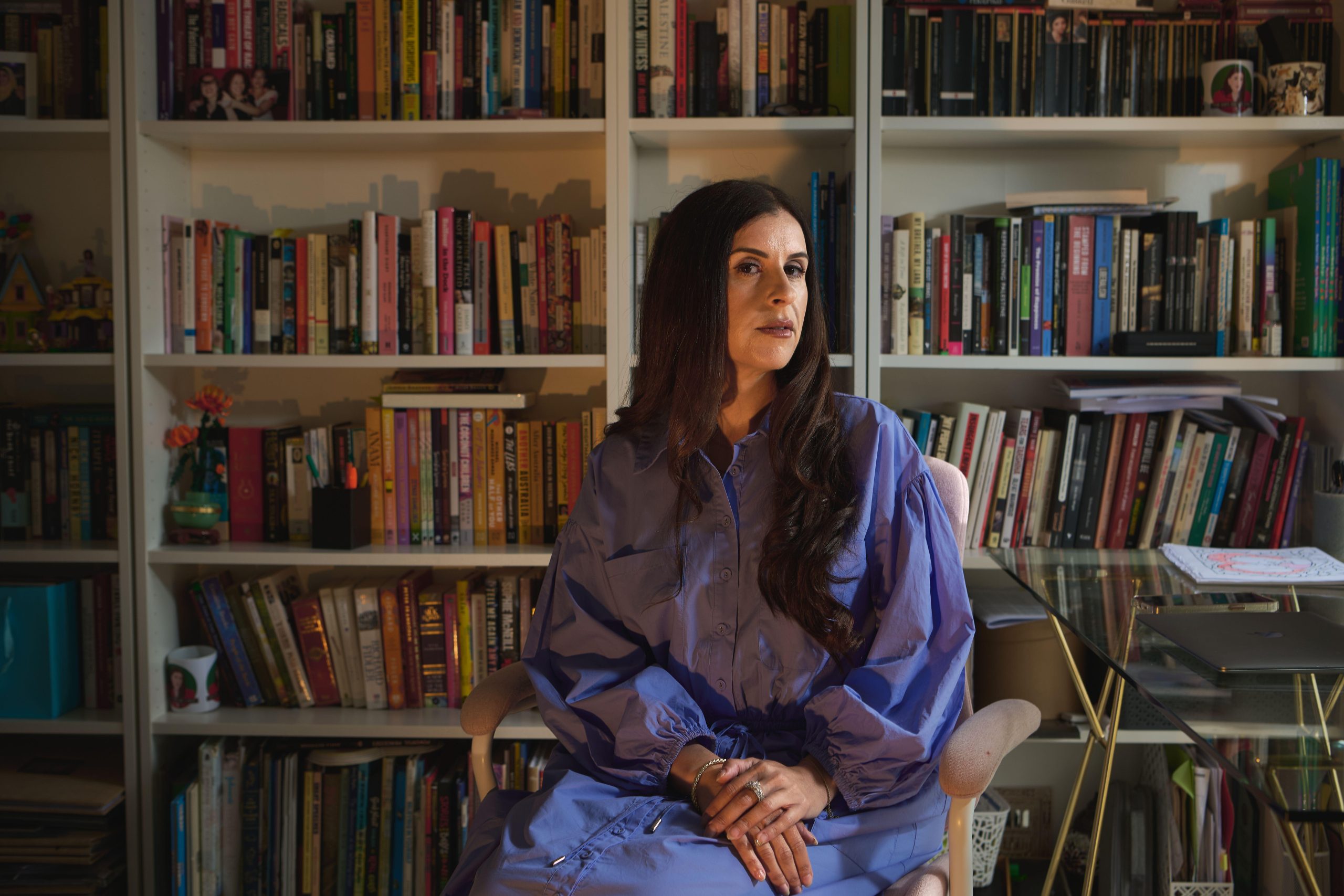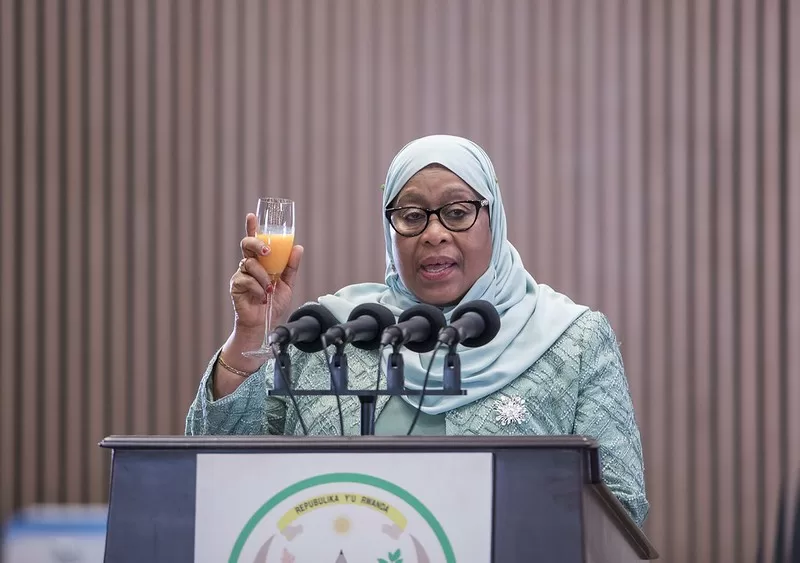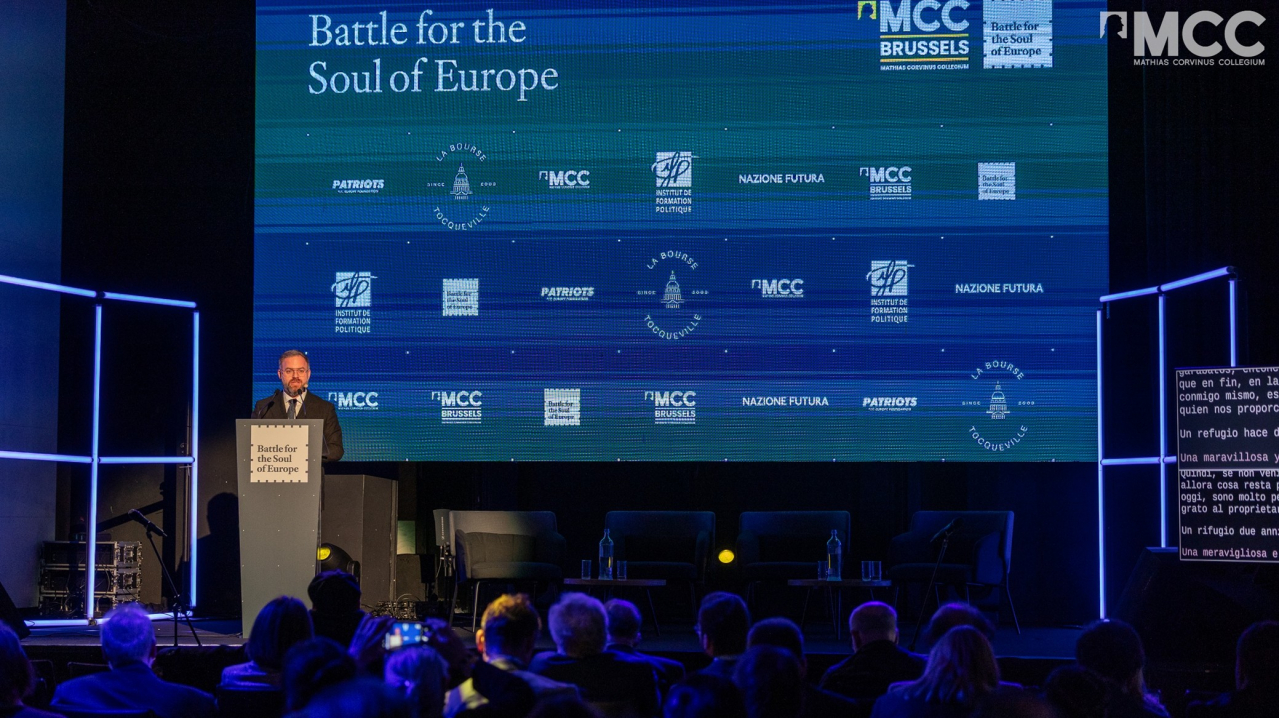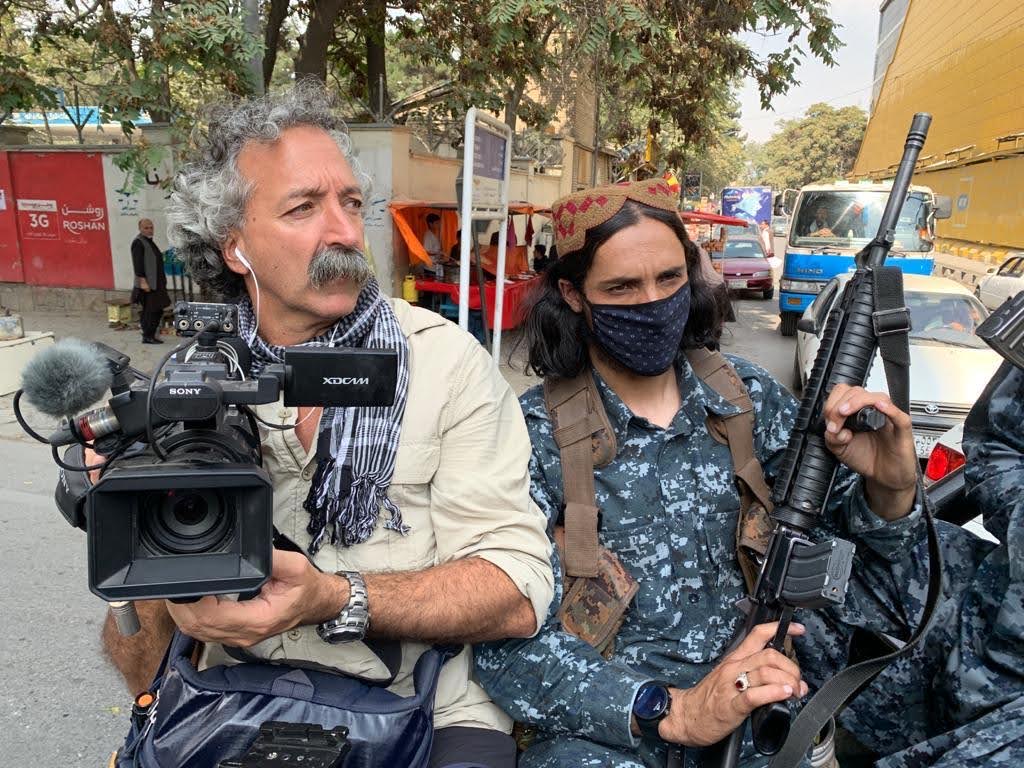 What should the Inquiry do? As little as possible, suggests Trevor Kavanagh. The press does not need licences like dogs and gun owners
What should the Inquiry do? As little as possible, suggests Trevor Kavanagh. The press does not need licences like dogs and gun owners
Lord Justice Leveson is said by those who know him to regret taking on David Cameron’s ill-conceived inquiry into press ethics. But not as much as the newspaper industry into whose inner workings he is delving with such shock and horror.
The inquiry was born of panic over false claims that the News of the World deleted Milly Dowler’s emails and that the Sun blagged medical records on Gordon Brown’s child. Those allegations killed the News of the World, cost 300 jobs and triggered a marathon probe that has roamed to the outer limits of its original terms of reference.
The Leveson Inquiry invited anyone with a grievance to vent their spleen, on oath but without cross examination or protection against hearsay evidence or leading questions. Yet it has the potential to curb free speech, shackle a free press and inhibit the right to examine the conduct of those who rule over us.
The inquiry was, it must be said, entitled to examine unacceptable and sometimes illegal practices by some journalists on most newspapers. Yet no apology (of which there have been many), no level of compensation (many millions) and no retribution (dawn police raids, criminal charges and the NoW closure itself) is enough to assuage the indignation of those for whom this investigation has been poetic justice.
Lord Justice Leveson says he does not intend his conclusions to end up as a “footnote” in some professor of journalism’s memoirs. So what can we expect?
His lordship does not like tabloids even if millions do. His inquiry has sometimes strayed into the realm of political correctness — Page Three girls, the coverage of Islamism and even jokes about speech impediments.
Even as I write this, I wonder if he might haul me in to explain myself. That is the effect of the Leveson Inquiry. Newspaper editors who might normally rage about free speech have gone mute, perhaps to avoid retribution.
So it was left to Education Secretary Michael Gove to defend Fleet Street. He upset the judge by noting “a chilling atmosphere towards freedom of expression which emanates from the debate around Leveson”. “Free speech doesn’t mean anything unless some people are going to be offended some of the time”, he said. A statement of the blindingly obvious, you might think.
But not to a worryingly thinskinned Lord Leveson, who complained to Downing Street and threatened to resign. He did so in private and was even angrier when it was splashed all over the Mail on Sunday. His knee-jerk response was to carpet the editor. He was talked out of that, but the fact that it even crossed his mind should make every journalist uneasy.
Lord Leveson insists he has no “hidden agenda”, did not try to gag Gove and believes the press is entitled to say what it likes. But he believes the story was published at his expense to defend Fleet Street’s interests. The fact that it was in the PUBLIC interest seems to have passed him by.
So what should Lord Leveson do? Preferably as little as possible. We do not need to be licensed like dogs and gun owners. Nor a professional body like the General Medical Council or the Law Society, neither of which have covered themselves in glory. Prior disclosure is the kiss of death for important stories.
But “something” must be done.
So what about a beefed-up complaints procedure, a new, more robust version of the PCC with an ombudsman offering free conciliation?
It could compel a newspaper to print an apology, retraction or correction in extreme cases on Page One. But we should think twice about cash awards which would expose all newspapers, national and local, to the no-win, no-fee vultures.
In America, under the First Amendment, citizens are free to say what they like, even if it offends — except shouting “fire” in a crowded theatre. In Europe, privacy laws allow the rich and powerful to conceal corruption — and they are spreading here like noxious weeds.
Judging by Lord Justice Leveson’s response to his own experience of an investigative press, he leans towards the European system. If so, it won¹t be his legacy that is consigned to a footnote. It will be the hard-won, centuries-old and almost irreplaceable tradition of a truly free press.
Trevor Kavanagh is the Sun‘s associate editor
Exclusive extracts from our magazine:
The Lawyer | Mark Lewis | Do we need a free press?
The Blogger | Guido Fawkes | Where will this all end?
The Editor | Alan Rusbridger | Striking a balance
Hacked Off | Martin Moore | The danger of power




